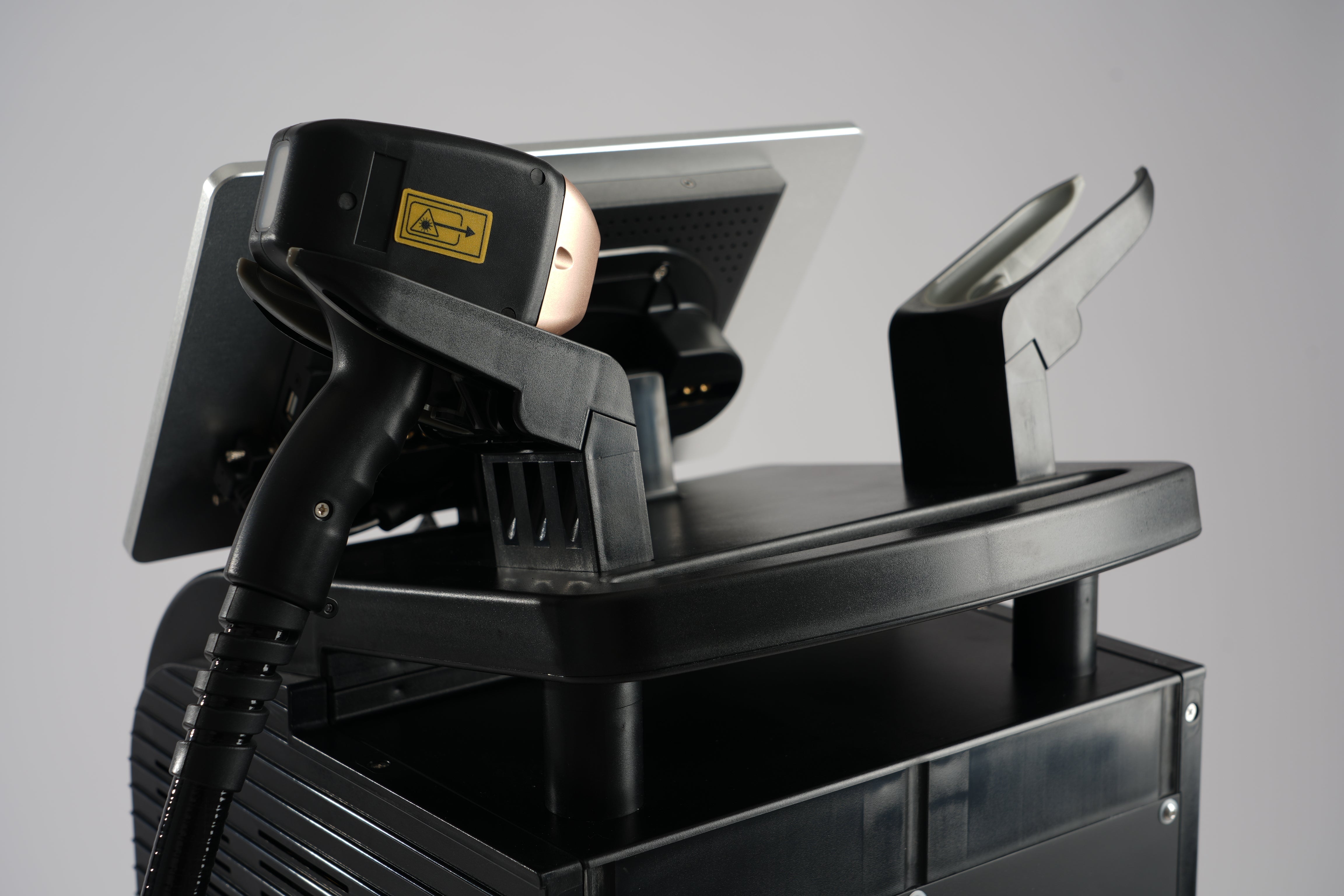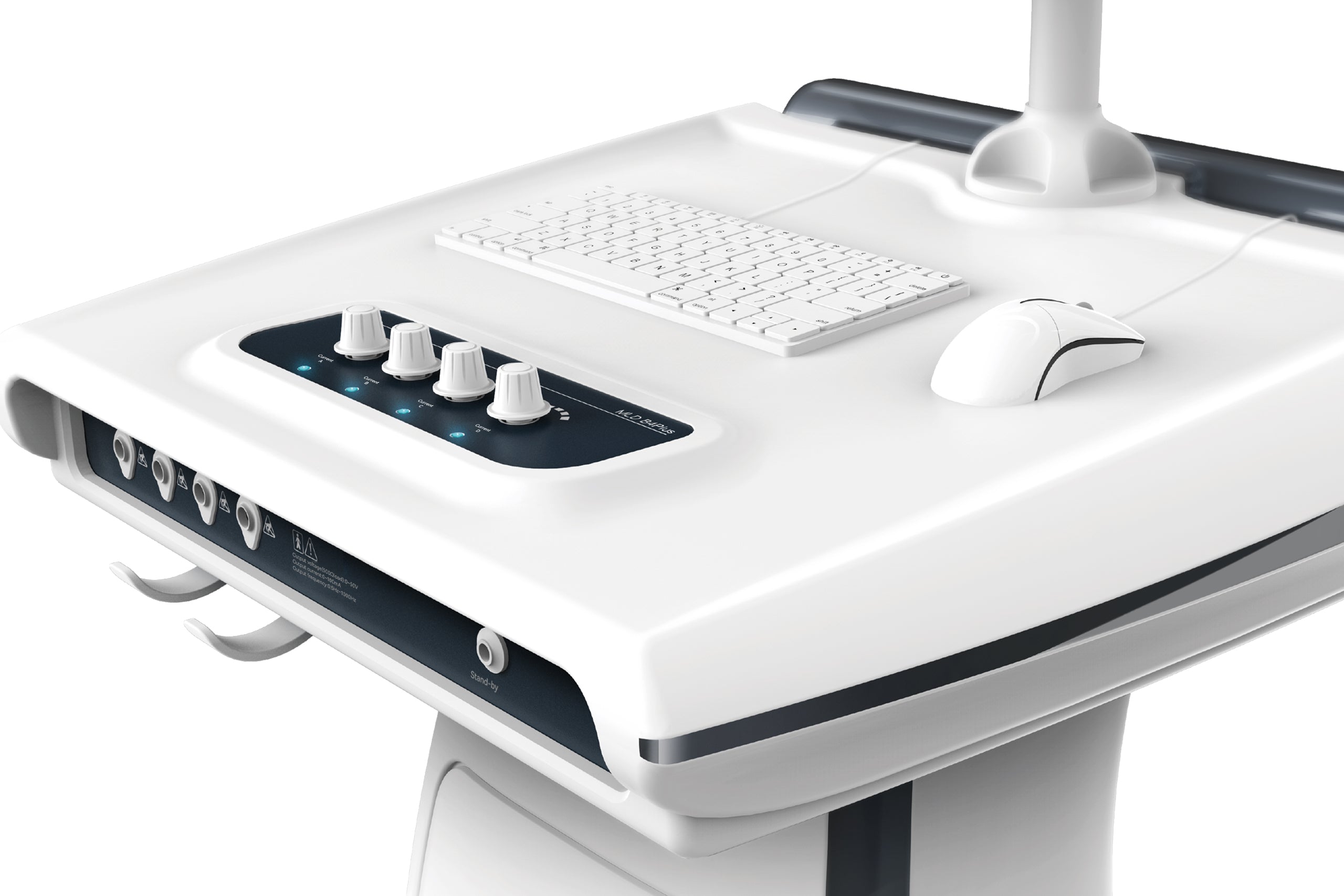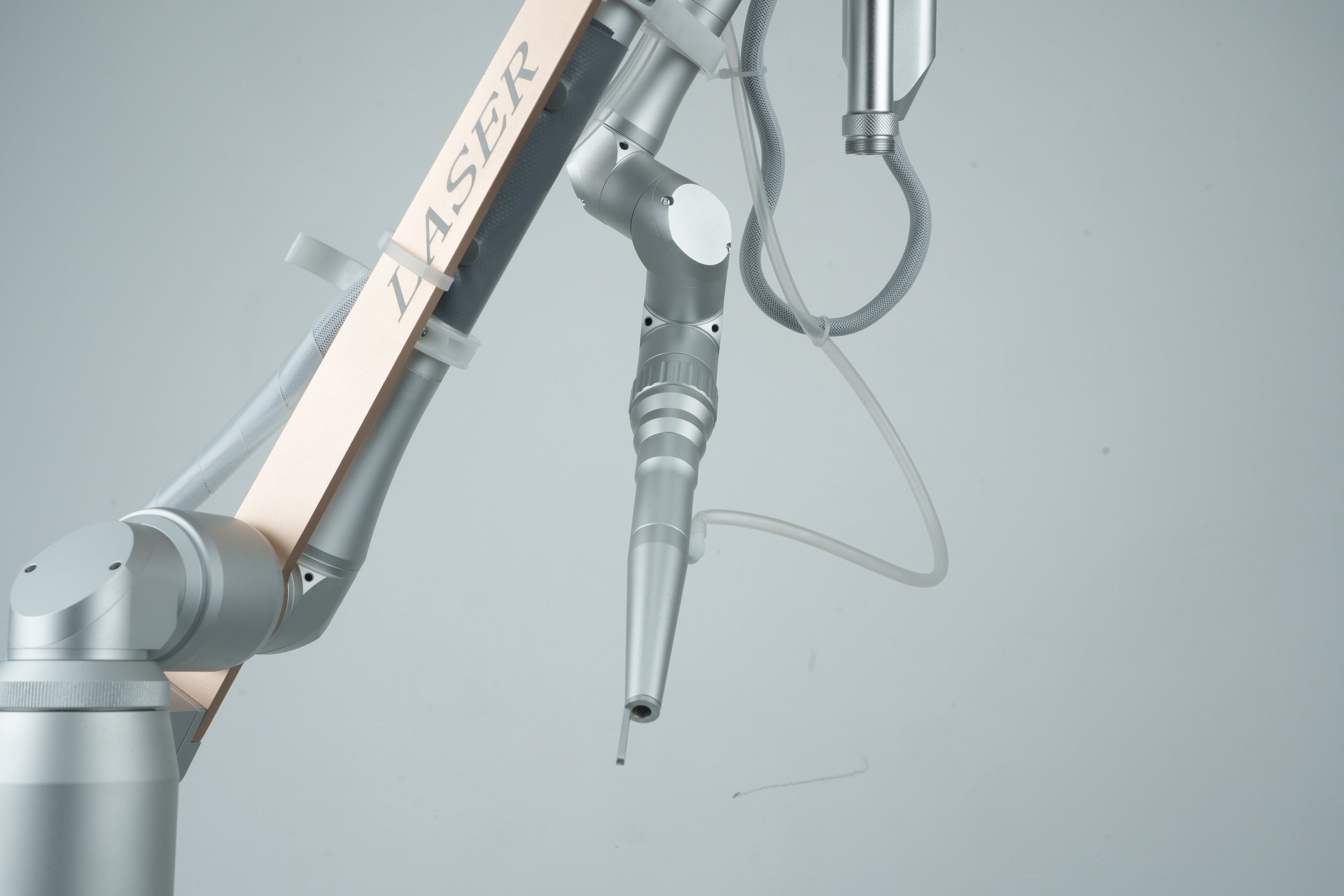DioLaz Diode Laser: MDL-certified 810nm Diode Laser Hair Removal in Canada
Health Canada certified DioLaz Diode Laser offers triple-wavelength 755/808/1064nm technology for safe hair removal on all Fitzpatrick skin types I-VI.
Health Canada certified B4PLUS Pelvic Floor Rehabilitation System treats urinary incontinence, postpartum recovery & diastasis recti with dual-patient capacity for clinics.
MDL-certified Fractional CO₂ Laser Technology: The DioLaz System for Advanced Skin Resurfacing
Health Canada certified DioLaz Fractional CO₂ Laser treats wrinkles, acne scars & pigmentation with 5-7 day recovery. MDL-licensed 40W system for Canadian clinics.
Advancing Urinary Incontinence Treatment with Pelvic Floor Rehabilitation Technology
By strengthening and retraining the pelvic floor muscles, many women can significantly reduce or even eliminate incontinence without surgery.
Door Interlocking and Class IV Safety: A Deep Dive into Laser Room Standards
A door interlock is a safety mechanism that links the laser’s emission to the door status. If someone opens the door while the laser is armed or firing, the interlock will either shut off the laser or prevent it from firing.
The Role of Cooling Systems in Skin Safety During Laser Treatments
During treatment, laser energy heats not only the hair follicle but also the surrounding skin, especially the epidermis. Without protection, this can lead to pain, burns, or pigment changes.
Empowering Pelvic Physiotherapists with EMG Biofeedback and Stimulation
MedLander B4Plus EMG biofeedback and electrical stimulation devices provide the best care for women suffering from issues like incontinence, pelvic pain, or postpartum muscle weakness.
Treating Acne Scars with Fractional CO₂: What Clinicians Should Know
Fractional CO₂ Laser resurfacing has emerged as a gold-standard therapy for atrophic acne scars, offering significant improvement in skin texture.
Understanding Fitzpatrick Skin Types and Laser Energy Settings
Fitzpatrick skin type is a classification (Types I through VI) based on how skin reacts to sun exposure. Each higher type correlates with a greater baseline melanin content in the skin.









